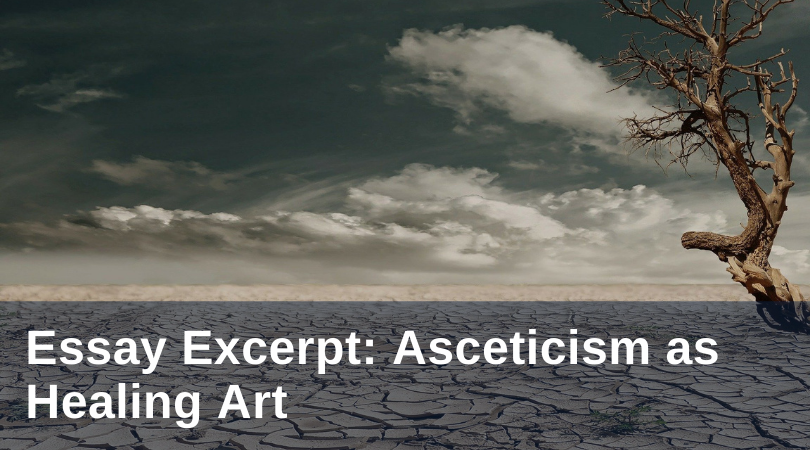
Editorial Note: This excerpt is taken from an essay by the same name originally published at Church Life Journal on March 7, 2016.
. . . I am going to claim here that asceticism, as it is practiced in the Christian tradition, is a healing discipline. . . . We are drawn to asceticism because we feel an absence, and would return to that which will make us whole. This presents a definition of asceticism that contradicts popular opinion. The discipline it imposes is no more destructive than when a poultice is applied to an infection, or a tourniquet to a wound. The last thing asceticism is is masochism. We would not go to the gym and begin exercising unless we felt unfit, and we would not begin asceticism except for feeling that our spiritual life is too easily winded.
. . .
Asceticism, as Christianity has understood it, does not so much need to strengthen the weak philosopher as it needs to cure the sinful person. It is not a matter of enhancing powers, it is a matter of curing, saving, making whole and sound. Asceticism is therapy. Man and woman were created sound and wholesome, but something has gone wrong. The Divine Physician examines us, and our conscience agrees with his diagnosis: we are not now in the condition that he intended for us. We are wounded. We need healing. Asceticism clears and awakens, cures and cleanses, repairs and fortifies a sinner until that sinner can be led by sanctifying grace to a restored life of holiness.



